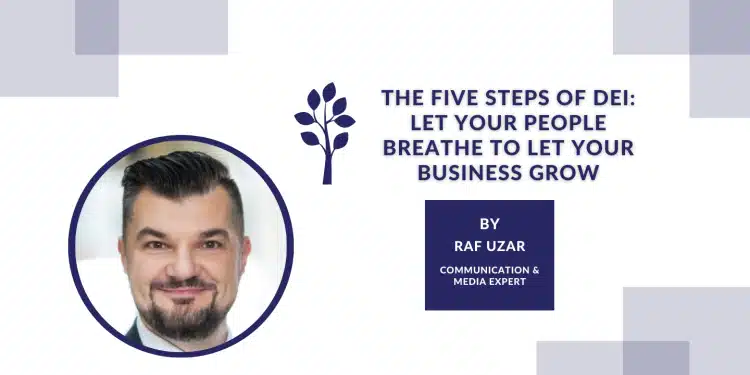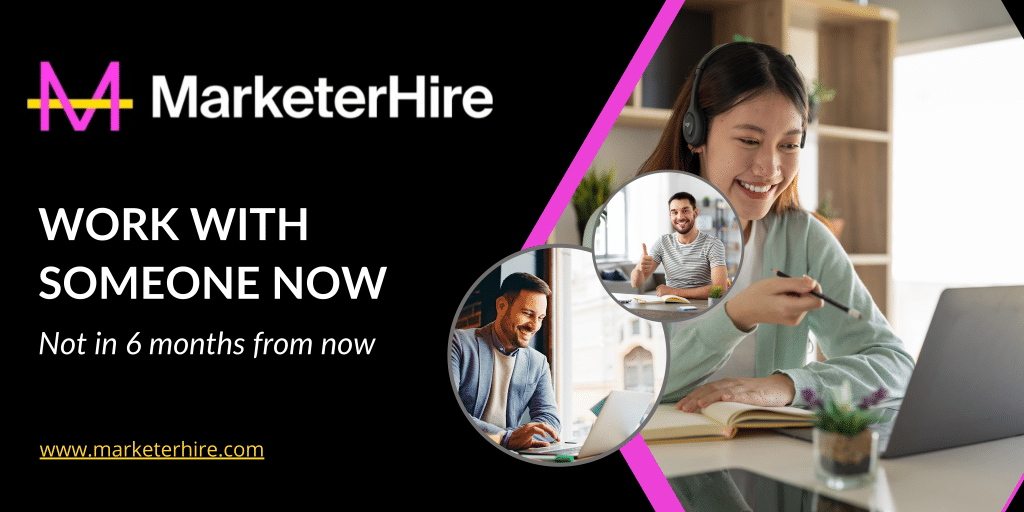“It doesn’t matter what you look like, and we’re all human inside.”
As a child, I used to snuggle up to the soft thick blanket wrapped around my grandmother’s knees, which kept her warm and cosy.
I would always start with the same filial plea: “Grandma – tell me one of your stories, please”. She would sigh, look down at me softly, ruffle my hair and begin…
My grandmother was born in the western part of the Kingdom of Galicia and Lodomeria. Officially, Königreich Galizien und Lodomerien mit dem Großherzogtum Krakau und den Herzogtümern Auschwitz und Zator was a multi-ethnic, poverty-stricken, conflict-ridden land inhabited largely by Poles and Ruthenians. Your average ‘Galician’ frequented either a Catholic church, Greek Catholic tserkva, or a Jewish synagogue. An average ‘Lodomerian’ either spoke Polish, Ruthenian, Yiddish, or German.
Lessons from the past
Words like diversity, equality, and inclusion (DEI) may not have been part of the everyday lexicon of these starved people and would not be heard on their parched lips but the concepts were never far from their minds. Within this troubled community, the willingness and ability to converse, coordinate, and cooperate were worth their weight in gold.
My grandmother would always tell me that “it doesn’t matter what you look like. We’re all human inside”. She survived the death of her first husband, five children, two world wars, forced emigration, Siberian exile, starvation and malnutrition, walking across one continent in order to finally settle in another.
I cannot help thinking that her fierce sense of equality helped her overcome these ordeals and I cannot help believing that achieving a sense of belonging while the world around you is a swirling maelstrom can quite literally be a matter of life and death.
Listen, align, repeat
Transplanting that sense of belonging to our times need not be complicated. Two core skills are necessary. First of all, we must be ready and prepared to LISTEN. Ignoring this first step is a sure-fire way to achieving nothing and taking a step backwards in building a sense of belonging in the workplace. Leaders need to know what their employees are thinking, what drives them, what motivates them as well as what disappoints and demotivates them.
It goes without saying that we should listen with intent and look for shared points where we can ALIGN with our staff. In other words, we need to understand the common denominators that drive our people and align them with what the organisation believes in. Once we have gone through a painstaking process of listening and then aligning then we can really start to build belonging.
However, the work of DEI is never done and is a continuing process of listening, alignment, and correction. In order to better understand our needs and in some way systematise the growth of this visceral feeling, we should look to organisational psychology and management.
The five steps of DEI
Professor Ella Washington of Georgetown University’s McDonough School of Business describes five stages through which companies go on their journey to achieving greater DEI (Harvard Business Review, Nov-Dec 2022):
- AWARE in which we ask why DEI matters to us personally and where we want to go with it;
- COMPLIANT in which we set goals bigger than our compliance targets and use DEI to achieve other goals;
- TACTICAL in which we ask what our DEI strategy is, where we need to standardise, and what is our sphere of influence;
- INTEGRATED in which we ask what systems and structures we need to create to improve;
- SUSTAINABLE in which DEI is embedded in the make-up of the company.
A 2022 study based on 10,000 workers in 6 countries took a snapshot of where companies lie on this five-stage DEI journey*:
AWARE: 14.1%
COMPLIANT: 31.6%
TACTICAL: 15.6%
INTEGRATED: 22.7%
SUSTAINABLE: 16%
*[Aware (14.1%), Compliant (31.6%), Tactical (15.6%), Integrated (22.7%), Sustainable (16%)]
Let your people breathe to let your business grow
Knowing where one’s organisation is (and how we compare to other companies, as above) can crucially inform us as to what to do next in order to ramp up a sense of community and solidarity in the workplace. Scientific evidence (Gartner, 2022) tells us that sustainable DEI can foster a 20% rise in a sense of inclusion which in turn can also help the organisation from a purely business perspective: inclusive companies (according to Deloitte, 2015) had 2.3 times higher cash flow per employee over a three-year period where smaller companies had 13 times higher cash flow from operations.
A sense of belonging is not only a brilliant business no-brainer but an ethical imperative which should come as naturally as breathing. Any organisation that fails to do this fails to let their employees ‘breathe’.
In the land of Galicia and Lodomeria, from where my grandmother hailed, the people used to joke about their definition of artificial respiration: it is when the authorities squeeze you and hold your tongue.
Raf Uzar
Head of Communication & Development, Penteris




